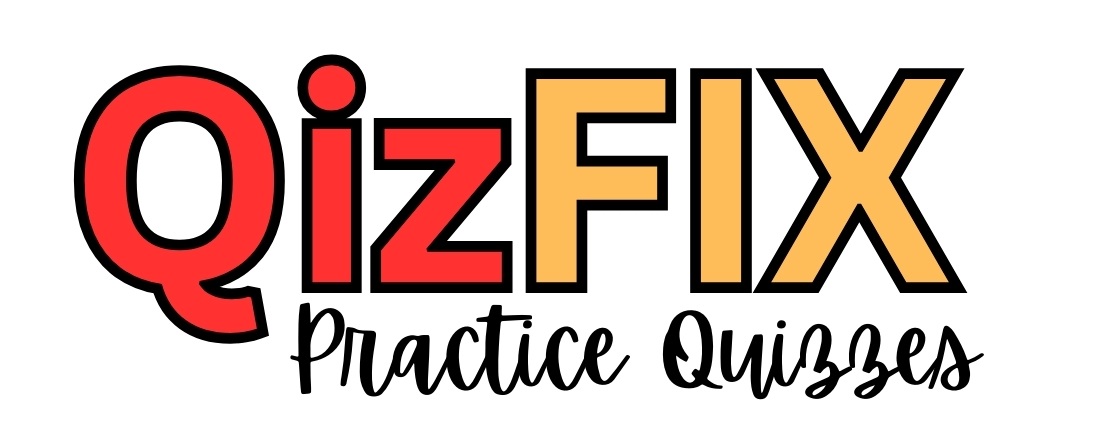| IT professionals recognize that successful systems must be user-oriented, and users need to be involved, formally or informally, at every stage of system development. a. True b. False |
An evaluation model is a technique that uses a common yardstick to measure and compare vendor ratings.
| a. True b. False |
Tools make it easier to build an information system, thereby boosting IT productivity and improving the quality of the finished product.
a. True
b. False
Using flowcharts, programmers can break large systems into subsystems that are easier to understand and code.
| a. True b. False |
In an efficient design, data is reentered at least two times.
| a. True b. False |
A main advantage of ERP is that it describes a specific hardware and software environment, also called a platform, which ensures connectivity and easy integration of future systems, including in-house software and commercial packages.
| a. True b. False |
Today’s mobile devices have enough computing power to provide processing “at the edge,” which means at the end of a network, in the user’s hands.
| a. True b. False |
Internal and external factors affect every business decision that a company makes, and IT systems are no exception.
| a. True b. False |
Using a work breakdown structure (WBS) allows one to manage a project as one large task.
| a. True b. False |
When network traffic is encrypted, it is invisible and its content and purpose are masked.
| a. True b. False |
A use case represents the steps in a specific business function or process.
| a. True b. False |
In the systems design phase, a logical model is built that describes how the system will be constructed.
| a. True b. False |
_____ is a systems development technique that produces a graphical representation of a concept or process that systems developers can analyze, test, and modify.
| a. Modeling |
| b. Prototyping |
| c. Scrum |
| d. Rapid application development |
Structured application development usually involves a(n) _____, which proceeds from a general design to a detailed structure.
| a. top-down approach |
| b. training plan |
| c. integrated approach |
| d. test plan |
If processes must be performed in a specific sequence, the information should be documented in the _____.
| a. process descriptions |
| b. leveling guide |
| c. data dictionary |
| d. data flow diagram (DFD) |
_____ is the amount of data that can be transferred in a fixed time period.
| a. Dimensionality |
| b. Topology |
| c. Resolution |
| d. Bandwidth |
A(n) _____ produces one or more lines of output for each record processed.
| a. detail report |
| b. exigency report |
| c. exception report |
| d. summary report |
The first step in managing IT security is to develop a _____ based on confidentiality, integrity, and availability.
| a. risk policy |
| b. concealment report |
| c. security policy |
| d. threat report |
A common tool for showing the distribution of a questionnaire or sampling results is a vertical bar chart called a _____.
| a. tree map |
| b. streamgraph |
| c. histogram |
| d. flowchart |
A software package developed to handle information requirements for a specific type of business is called a(n) _____.
| a. horizontal application |
| b. vertical application |
| c. asymmetric application |
| d. symmetric application |
Which is an example of a discretionary project?
| a. Including annual updates to payroll and tax percentages |
| b. Creating a new report for a user |
| c. Updating quarterly changes in reporting requirements for an insurance processing system |
| d. Adding a report required by a new federal law |
A _____ is a set of letters or numbers that represents a data item.
| a. code |
| b. business glossary |
| c. mnemonic |
| d. data dictionary |
An object’s _____ are the tasks or functions that the object performs when it receives a command to do so.
| a. roles |
| b. methods |
| c. utilities |
| d. instances |
A _____ consists of horizontal bars, connected with arrows that indicate task dependencies.
| a. Gantt chart |
| b. wireframe |
| c. Scatter chart |
| d. viewport |
